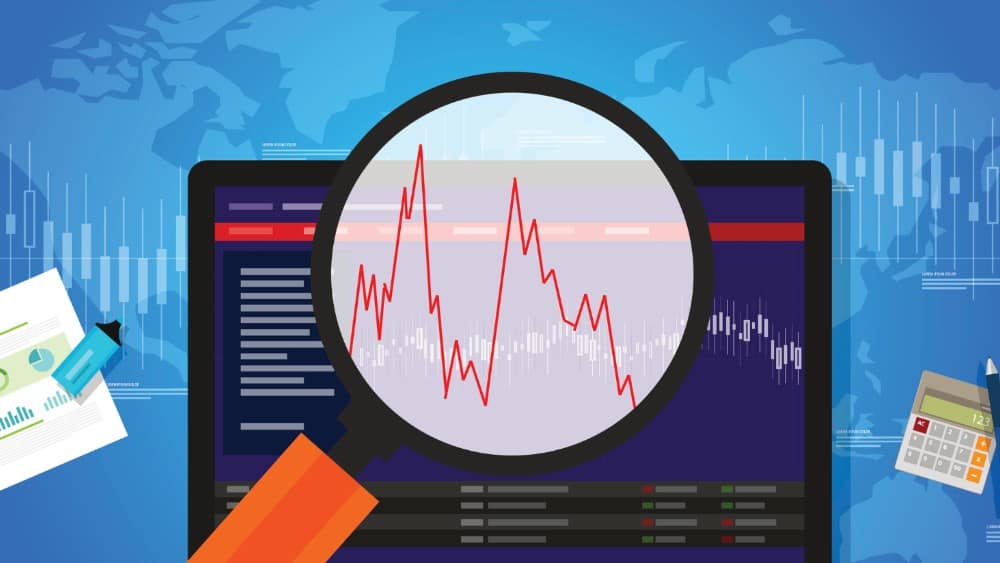Shares of BlackBerry (TSX:BB)(NYSE:BB) have burnt considerable investor wealth over the years. BlackBerry was once the top mobile manufacturer in the world. Its stock rose from $2.75 in 2002 to an all-time high of $130 in 2008. However, it lost the smartphone race to tech giants such as Apple and Samsung.
BlackBerry stock then crashed to $7 by 2012, and the company exited the smartphone market in late 2016. BlackBerry has since pivoted to mobile communications and enterprise software and services.
Investors have been hoping for a turnaround but have been disappointed time and again. Though BlackBerry stock rose from $9.5 in January 2017 to $17.17 at the start of 2018, it is currently trading at a multi-year low of $7.36.
BlackBerry has lost 26% in market value since results
BlackBerry investors have lost a quarter of their value since the company announced its quarterly results on September 23. In the fiscal second quarter of 2020 (year ending in January), BlackBerry reported sales of US$261 million, below consensus estimates of US$266.18 million.
In the August quarter, software and services sales rose 30% to US$256 million driven by double-digit percentage growth in billings.
The company’s earnings of $0.00 were above estimates of -$0.01. BlackBerry’s EPS was breakeven, and the company reported a positive free cash flow, as it continues to focus on product development and go-to market strategy for sustainable growth. The company stated that revenue growth was above estimates for most businesses with the exception of Enterprise Software & Services (or ESS).
In fiscal 2020, the company estimates sales growth between 23% and 25% and expects to post an adjusted net profit.
What will impact BlackBerry sales going forward?
The softness in ESS was a result of salesforce retooling. The company expects this to impact ESS sales in the next two quarters as well. Company CEO John Chen stated, “Our goal of sequential quarterly revenue growth provided last fiscal quarter was pushed out by three months as the retooling caused some disruption in the development and closure of our pipeline.” He added, “We believe that the changes we made in sales leadership last quarter and the subsequent changes in other personnel support our objective to increase our reach in existing regulated industry as well as expansion into newer verticals.”
BlackBerry continued to expand the customer base and added the U.S. Department of Health & Human Services, the National Assembly in France, and the Malaysian Ministry of Communications & Multimedia as clients.
BlackBerry has claimed that several existing customers have expressed interest in AI-driven mobile threat detection solution, which is integrated with the UEM (unified endpoint management) console and other BlackBerry applications.
BlackBerry QNX continued to drive sales in the company’s BTS segment and accounted for the majority of revenue here. QNX sales have continued to grow year over year, despite a global slowdown in the automobile industry.
The company expects QNX average revenue per user to increase, as customers increase spending on proprietary software. BlackBerry is now looking to expand in the defence and medical industry as well with the QNX product.
BlackBerry continues to benefit from the Cylance acquisition. Sales from this business rose 24% to $51 million in the second quarter, driven by an increase in subscription customers and strong demand from verticals such as financial services and manufacturing.
BlackBerry believes it is well poised in the endpoint security market, which it has valued at $11 billion. BlackBerry acquired Cylance to gain traction in the secure Internet of Things segment. It believes Cylance’s acquisition can integrate UEM, endpoint protection, and secure communications on a single platform.
While the market opportunity for BlackBerry remains huge, management has consistently failed to deliver on promises. Investors are still waiting for the company to successfully pivot, and BlackBerry’s road to sustainable profitability will not be easy.
Further, in the earnings call, BlackBerry stated that it’s facing competition from Microsoft in ESS. It might also have to compete with VMware after the latter’s acquisition of Carbon Black.
Analysts remain optimistic about BlackBerry. They have an average price target of US$7.51, which is 35% above the current price.










